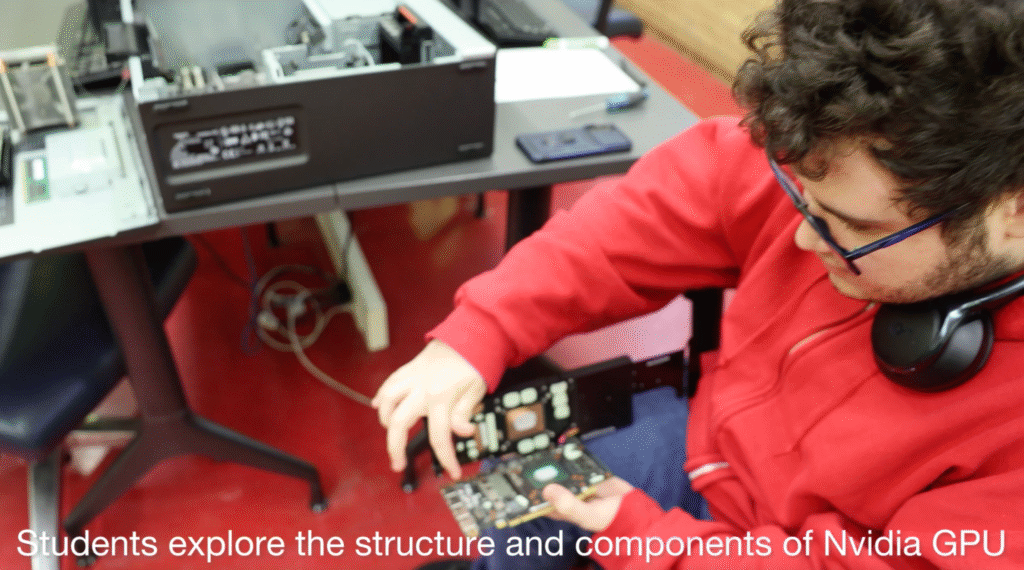
The Information Technology Pathway prepares students for careers in the fast-growing field of technology by building skills in computer systems, networking, programming, cybersecurity, and digital applications. Students learn how technology supports business, communication, and innovation while gaining hands-on experience with hardware, software, and problem-solving. This pathway not only equips learners with technical knowledge but also develops critical thinking, collaboration, and adaptability—skills essential for success in today’s digital world.
The Information Technology Pathway equip students with the knowledge and skills necessary to understand, apply, and innovate in today’s digital world. The pathway includes a sequence of courses that introduce core IT concepts, build technical skills, and prepare students for college, careers, and industry certifications. Over period of four years students learn both the theoretical foundations of computing and the practical applications of technology in business, communication, and society.
Introduction to Information Technology – overview of IT careers, digital literacy, and computer systems.
Computer Hardware and Software – installation, troubleshooting, and maintenance of operating systems and applications.
Networking Fundamentals – principles of computer networks, internet technologies, and cybersecurity basics.
Programming and Coding – introduction to software development, algorithms, and programming languages (Python).
Web Development – design and creation of websites.
Cybersecurity – data protection, ethical hacking, online safety, and digital forensics.
Database Management – understanding databases, SQL, and data organization.
Cloud Computing & Emerging Technologies – exploration of cloud services, AI, and evolving IT trends.
Business Applications of IT – productivity software, project management tools, and IT’s role in organizations

CS means more than just Computer Science